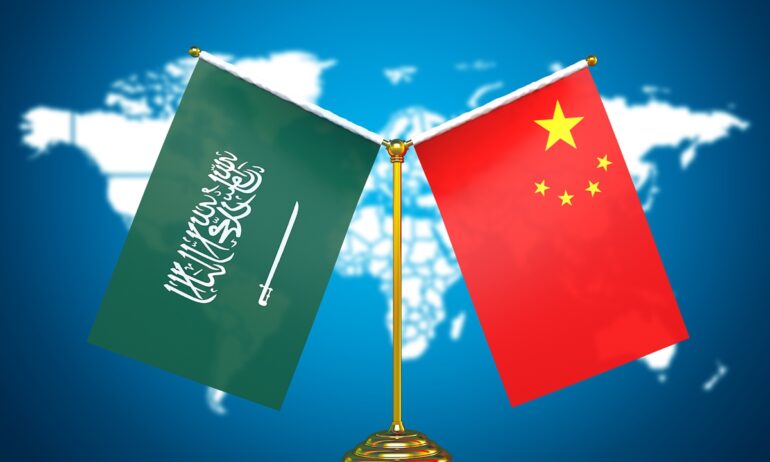TL;DR:
- The US tightens export license requirements for GPUs from select American companies.
- Concerns arise over China-Saudi Arabia AI tech collaboration.
- Professor Xu Jinchao’s AceGPT marks a significant development.
- US export restrictions hinder China’s access to crucial AI components.
- Criticism of the US approach as unethical and detrimental to cooperation.
- Global AI development faces adverse effects due to export restrictions.
- China-Saudi Arabia cooperation spans various domains, including AI.
- Continued collaboration with China is seen as inevitable for Saudi Arabia and the Middle East.
- China’s positive role in the Middle East contrasts with the US’s disruptive actions.
Main AI News:
In a recent move with far-reaching implications, the United States has tightened export license requirements for graphics processing units (GPUs) manufactured by select American companies. This measure, as reported by the media, is a response to growing concerns regarding the collaboration between China and Saudi Arabia in the realm of artificial intelligence (AI) technology. Experts suggest that the US decision not only aims to curb China’s technological advancement but also hampers Saudi Arabia’s progress in this crucial sector.
Professor Xu Jinchao, an American-Chinese mathematician affiliated with Saudi Arabia’s King Abdullah University of Science and Technology, recently unveiled AceGPT, a large language model (LLM) with a focus on Arabic. This groundbreaking development emerged from a partnership between Professor Xu’s institution, the Chinese University of Hong Kong, Shenzhen, and the Shenzhen Research Institute of Big Data. AceGPT represents a pivotal step in Saudi Arabia’s strategic pursuit of regional AI leadership, encompassing initiatives such as supercomputer development and the implementation of LLMs, which serve as the bedrock of generative AI systems, including chatbots.
However, the United States has raised red flags about the exchange of AI technology between Saudi Arabia and China. Consequently, the export license requirements for GPUs produced by Nvidia and AMD have been expanded, effectively creating barriers for Chinese entities seeking access to these cutting-edge components vital for the construction of generative AI models.
Li Haidong, a professor at the China Foreign Affairs University, criticized the US approach, characterizing it as unethical. He argued that this strategy not only impedes cooperation and development between China and Saudi Arabia but also casts the US in an unfavorable light, playing a detrimental role in their bilateral relations and the broader Middle East region.
Furthermore, Li emphasized that these export restrictions have broader implications, adversely affecting global AI development. By obstructing the shared benefits of advanced technology, the United States risks stifling progress within the AI industry, an industry dedicated to enhancing the well-being of humanity.
China and Saudi Arabia have fostered an extensive array of collaborative opportunities, spanning domains such as oil, AI, and people-to-people exchanges. The Belt and Road Initiative, proposed by China, has further diversified cooperation beyond conventional energy infrastructure projects. Li Haidong posited that continued collaboration with China is inevitable for the development of Saudi Arabia and Middle Eastern countries. He asserted that China’s positive role and influence in the region position it favorably in mediating conflicts and facilitating agreements among the involved parties.
In stark contrast, the United States lacks the advantage of a harmonious relationship with Middle Eastern nations, contributing to its disruptive actions. These actions, Li noted, stem from the US’s concerns about China’s growing influence in the region, further complicating the dynamics of this multifaceted international issue.
Conclusion:
The US’s export restrictions on GPUs, driven by concerns about China-Saudi Arabia AI collaboration, not only hinder technological progress but also disrupt global AI development. These actions could strain diplomatic ties and potentially impact market dynamics, especially in the AI and technology sectors, as companies navigate the evolving landscape of international cooperation and competition.

